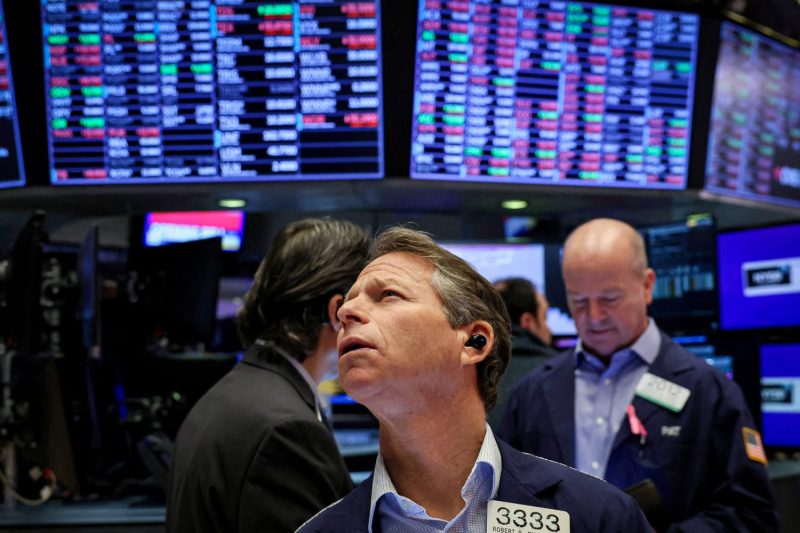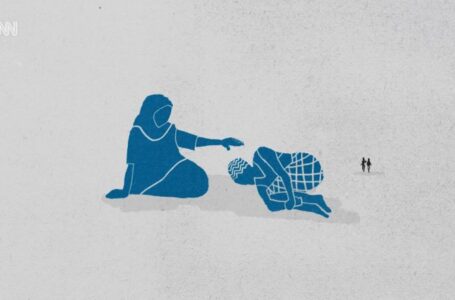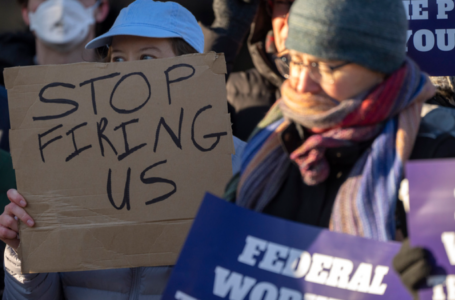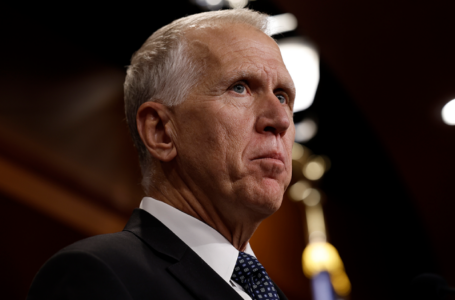Accounts of child survivors shed light on surge of rape and sexual violence in conflict-torn DRC
Don’t freak out about the stock market’s inflation freakout


Stock markets threw a tantrum Tuesday, posting big losses after slightly hotter-than-expected inflation data stoked worries that interest rate cuts may not be coming soon.
But don’t freak out. Markets tend to overreact. January’s consumer price index report is just one number in an overall trend that has been moving steadily in the right direction. Inflation has cooled from a 6.4% annual growth ratein December 2022 to less than half that a year later.
“It’s important not to overreact and jump to the assumption that an inflationary resurgence is developing,” Seema Shah, chief global strategist at Principal Asset Management, wrote in a note to clients.
She added that January’s number, while higher than expected, was driven in part by segments that are less important for the Federal Reserve as it weighs inflation against potential rate cuts. “Forward looking indicators suggest they will ease over the coming months,” Shah wrote.
Goldman Sachs economists, meanwhile, said inflation in January was propped up by new-year price increases for medical services, car repair and insurance, and child care. “We assume inflation in these categories returns to the previous trend on net in February and March,” they wrote.
So why such big losses in the market?
Investors have fully priced in a so-called “soft landing” — cooling down inflation and the hot economy without a recession. That assumption is a key driver behind a big rally in stocks over the past year. The S&P 500 recently topped 5,000 for the first time ever, the Dow Jones Industrial Average has hit record highs, and the tech-heavy Nasdaq Composite has rallied 30% in the past year.
For investors, after months of stock market gains and soft-landing certitude, Tuesday’s losses are a reminder about potential risks. Still, markets could easily bounce back.
January’s inflation data may also be what economists call “noise,” representing something outside the overall trend. A big part of the inflation surprise was a 0.6% jump in shelter costs from December. Most economists forecast shelter inflation — particularly rent — to ease substantially this spring.
In the meantime, the economy is strong. The job market remains robust. Wages are rising faster than inflation.
Because the Fed traditionally cuts rates in a slowing economy, though, they may sit out a while longer, perhaps until June instead of May. And the inflation watch continues.
The “hotter-than-expected inflation reading emphasizes the persistent upside risks that continue to percolate in the U.S. economy,” said Kayla Bruun, senior economist for Morning Consult. Wage growth is adding purchasing power to already robust consumer spending.
It’s “a strong combination that, if persistent, could hinder sustained moderation of inflation,” she said.











